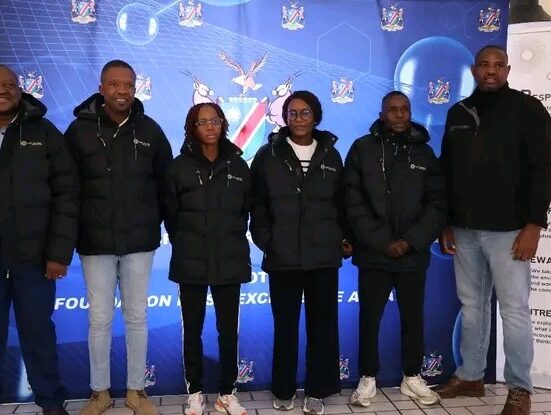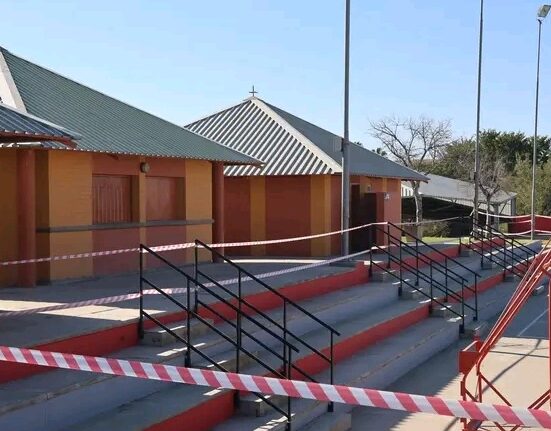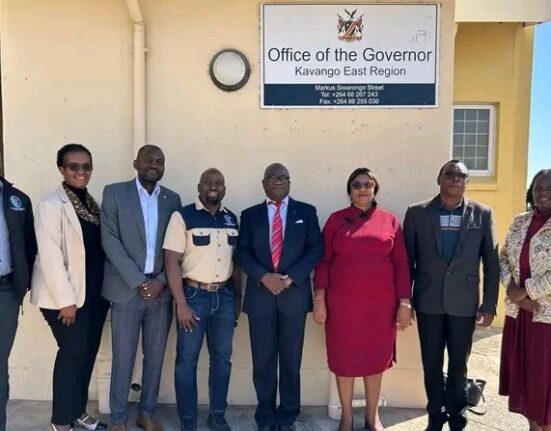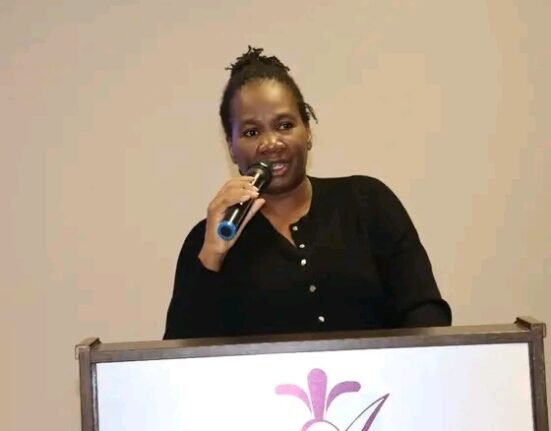UN’s Response to Drought Crisis in Kavango West Focuses on Long-term Resilience. The Kavango West region in northern Namibia is grappling with severe climate change effects, including drought and water scarcity. This crisis has left the soil parched and livestock malnourished, significantly affecting over half a million people. To address these urgent challenges, the United Nations in Namibia has mobilized resources from the UN Central Emergency Response Fund (CERF) to provide immediate relief.
Through partnerships with local and international organizations, including the Society for Family Health and UNICEF, the UN has been distributing food aid and establishing mobile clinics to assist vulnerable populations. In Mupuni village, for instance, food vouchers and soup kitchens have been set up to combat acute malnutrition among children.
The UN is also focused on building long-term resilience in the region. Efforts include empowering women farmers with irrigation tools and providing essential agricultural inputs like seeds and feed. These initiatives aim to reduce dependency on rain-fed agriculture, which is increasingly unreliable due to drought conditions.
Another critical issue is the rise in teenage pregnancies, exacerbating the challenges of poverty and educational disruption. Teenage mothers and their children are at higher risk for malnutrition and poor health outcomes. The UN is addressing these issues by providing reproductive health services and support for mothers.
The UN’s broader strategy involves integrating climate risk management into national policies, fostering disaster preparedness, and supporting sustainable development. The initiatives in Kavango West align with Namibia’s national climate action plans and are designed to ensure a more resilient future for vulnerable communities, especially women and children.
Join 'Namibia Today' WhatsApp Channel
Get the breaking news in Namibia — direct to your WhatsApp.
CLICK HERE TO JOIN












